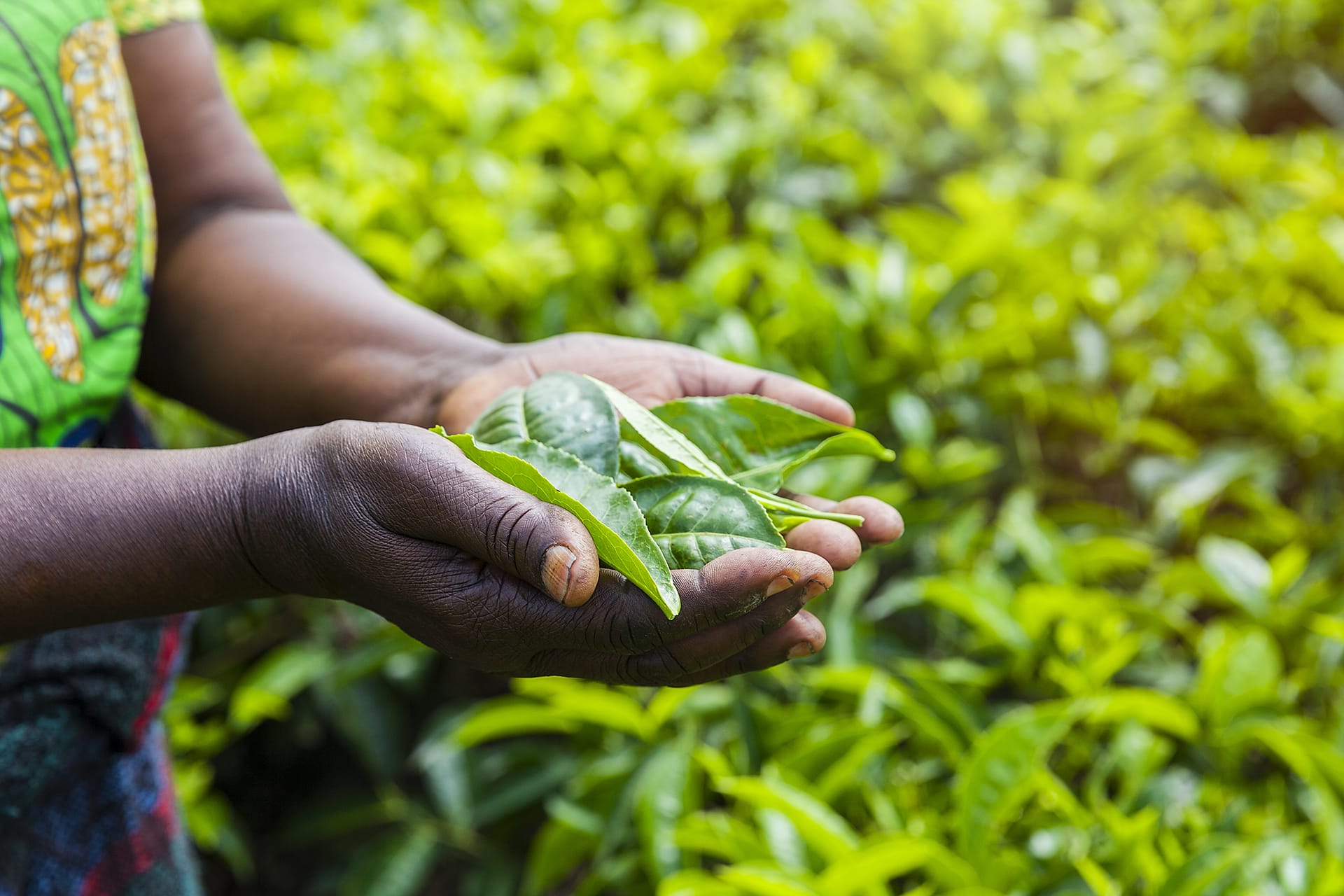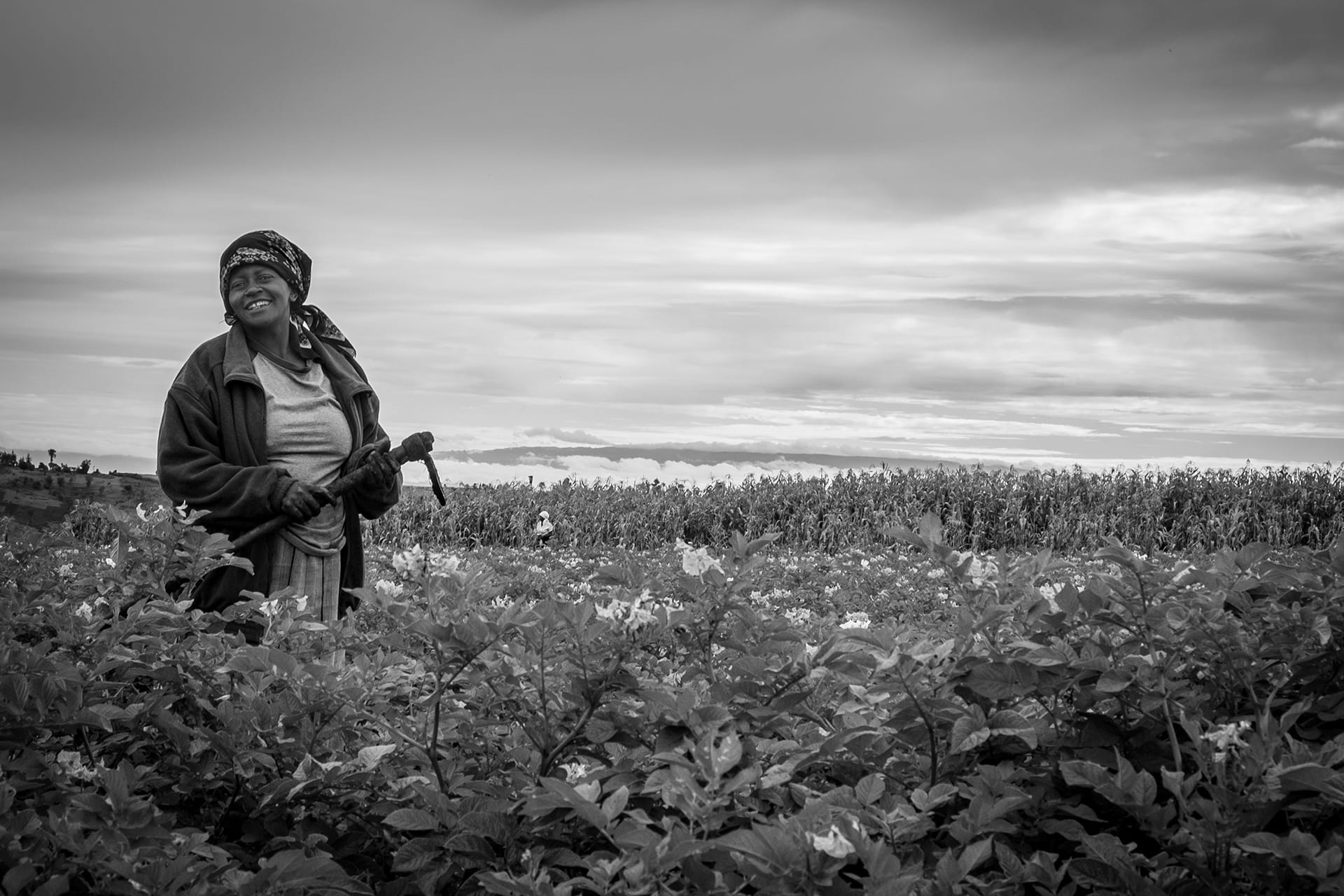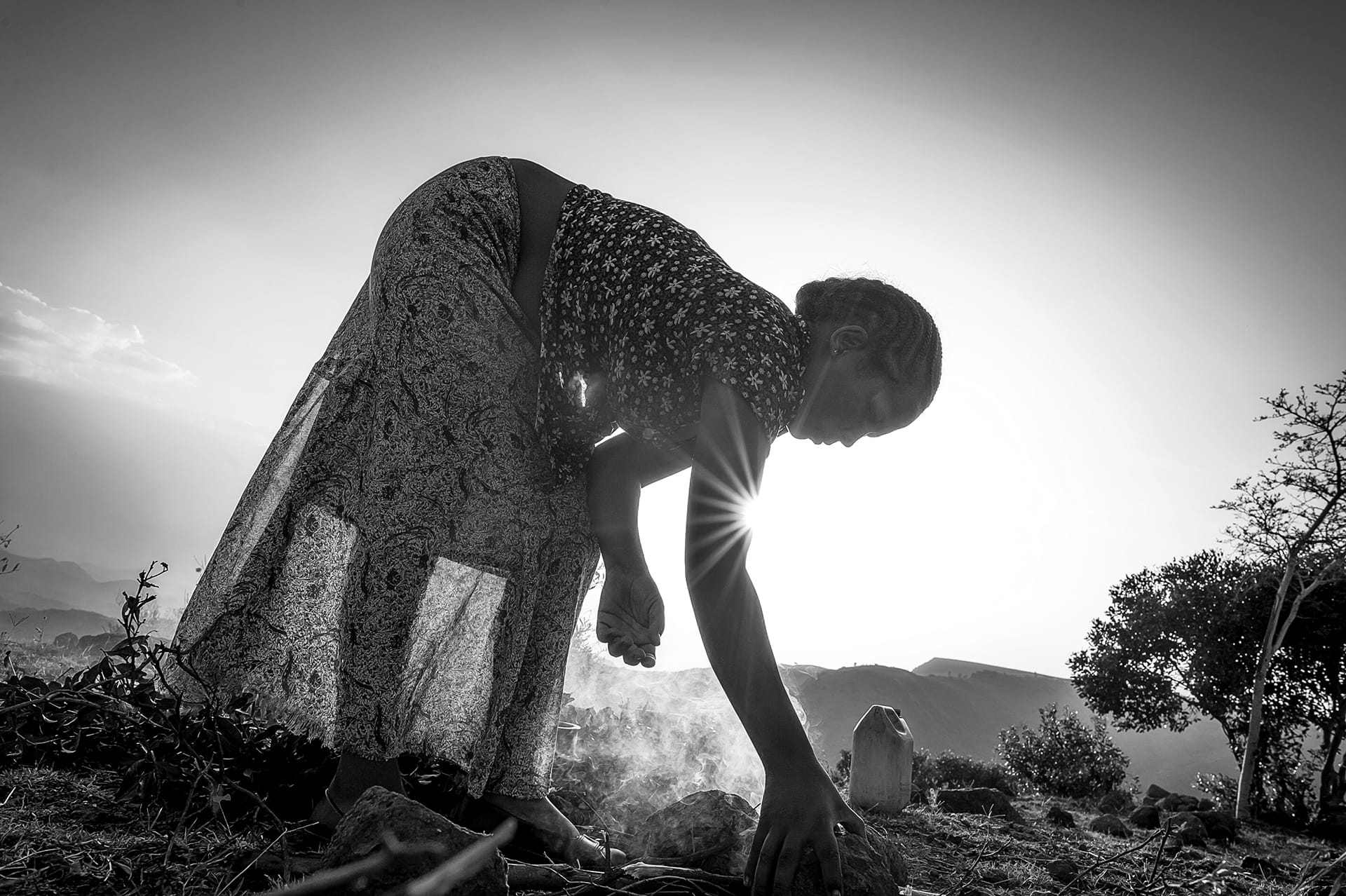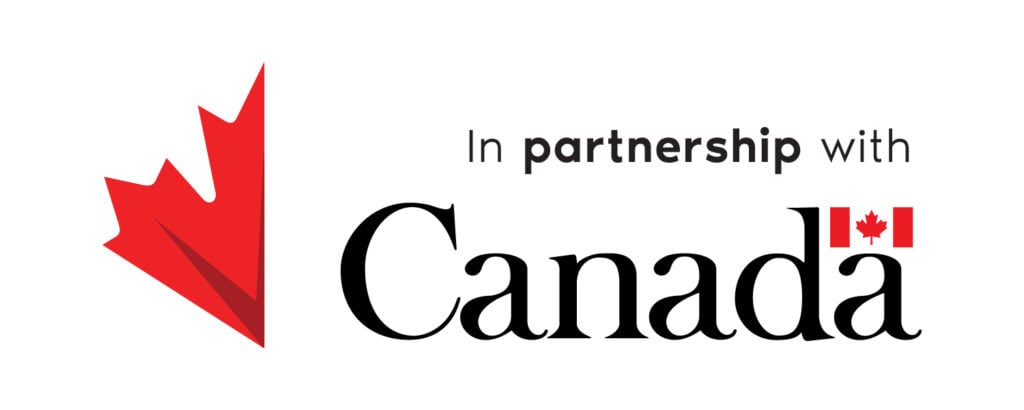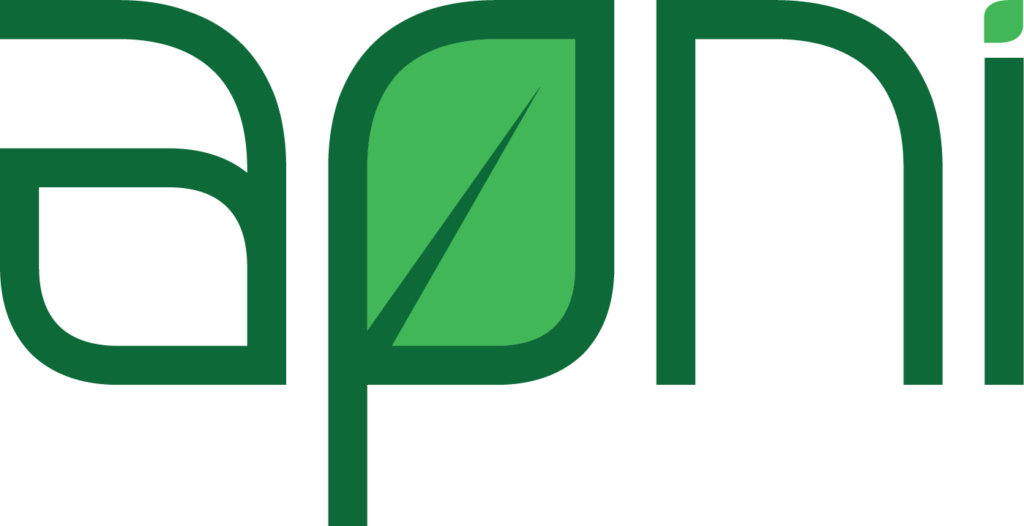News
Fertilizer Canada spreading knowledge, influencing policy for 75 years
When Fertilizer Canada holds its next annual general meeting in 2020, it will mark 75 years of representing the industry. While the organization predates potash mining in Saskatchewan,
and was formed just a year after the resource’s discovery, potash today represents a large segment of Canada’s fertilizer industry. Fertilizer Canada represents all manufacturers, wholesalers and retail distributors of nitrogen, phosphorus, sulphur and potash fertilizers.
“A major segment is the potash industry — by far,” said president and CEO Garth Whyte. “First off, overall, it’s a $23 billion business annually and creates over 76,000 jobs. In Saskatchewan, the fertilizer industry is about $9 billion in activity and almost 20,000 jobs. It’s huge. And of course, the big player is the potash industry. “The potash industry ships, depending on the year, to up to 75 countries around the world and 95 per cent of the potash is exported. We have the richest deposits of potash in the world… and it’s all in Saskatchewan.” Whyte says Fertilizer Canada works with all levels of government, federal and provincial, to influence policy that focuses not only on maintaining but improving competitiveness so the industry can continue to grow, invest and trade.
The organization also operates safety and security programs, which are paramount to the industry, and nutrient stewardship. “The exciting thing, and why potash is so important, is that the United Nations says we need to increase our food production by 70 per cent to feed the world by 2050. You don’t have any more land; you have to use nutrients to do it, have to use fertilizer to do that, and particularly you have to have potash,” said Whyte.
“The other exciting thing is, we touch every farmer, because they all need nutrients to put on their land.” Even as potash producers supply the nutrients, Fertilizer Canada “touches” farmers through educational programming. A major initiative is the 4R Nutrient Stewardship program: 4R stands for the right source at the right rate, right time and right place. Whyte says it has been recognized by food and agricultural organizations, international entities and by the Saskatchewan government. “4R is important for sustainability and part of the Saskatchewan government’s new Prairie Resilience Saskatchewa climate change strategy,” said Whyte. “It’s putting the right fertilizer to the right plant – not to the air, not into the water. If you do that, you also increase productivity and profitability.” Fertilizer Canada has a memorandum of understanding with the Saskatchewan government (as well as several other provinces) to establish 4R designation throughout the province. “Specifically, they want to have 25 per cent of provincial crop acres under designation by 2025, which really represents a significant step toward creating a sustainable future for Saskatchewan,” said Whyte. In addition, canola growers have stated they want to put at least 50 per cent of their acres under the designation by 2025.
“We represent the potash companies and retailers, but it’s the growers that have to implement it. It has to work for them. So, we have developed programs with the retailers and growers to help them use 4R. “They work with certified crop advisors. They have a 4R manual and 4R online training and work with the grower to designate their lands using 4R. “It’s really taking off,” said Whyte. “It’s exciting. And that’s just one example of the extension and growing and linking potash, especially when we’re a major exporter of potash. “Because Canada is a major consumer of fertilizer – it’s one of the fastest growing markets in the world – we’re setting the example in Saskatchewan and working with not just growers and not just the government but the retailers and conservation groups like Ducks Unlimited, because this is a winwin-win for our members… and for our customers, growers, because they’ll increase their productivity. It’s a win for the environment.”
Fertilizer Canada is also involved with the Nutrients for Life program, which is taught in public schools. Spreading fertilizer knowledge and awareness doesn’t stop at the Canadian border.
Potash companies, and in particular Nutrien, are engaged via Fertilizer Canada in an agreement with Global Affairs Canada and the Co-operative Development Foundation to help 80,000 smallholder farmers in Ghana, Senegal and Ethiopia. The program has a co-operative structure and is also based on the 4R principles. Whyte says the intention is to quadruple their productivity. “This has just started. We’re bringing in a couple of technologies and innovations, of course the 4Rs, and we have African plant nutrition students on the ground. “It’s a $17 million project, and we’re contributing over $2 million through our members like Nutrien, which is a major member and contributor to this project. “There’s one really exciting example. It’s such a positive thing. This is to help smallholder farmers, primarily women. We’re just getting it off the ground.”


